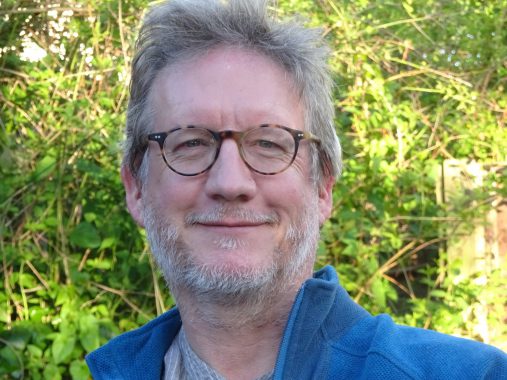‘This vaccine could help achieve herd immunity’

The R0 for Covid-19 is probably of the order of 2.5. If it were 3, you’d have to get two out of every three people who would otherwise have caught it immune, so they don’t catch it and pass it on. If it’s less, you have to get fewer people immune in order to achieve population immunity (herd immunity).
This is much easier than, for example, measles, where R0 is generally considered to be >=15 – so you have to get >14/15 people immune to achieve population immunity.
So there is a pretty good chance of getting population immunity, even if the Pfizer vaccine is only 90% effective.
The caveat, of course, is whether the vaccine prevent infection, or just illness. If people, while protected from significant illness, can still become infected – and are able to transmit the virus to others – then we won’t get population immunity, just individual protection. This is still worthwhile, however.
Another way in which it will be good news is that we don’t, currently, have any RNA or DNA vaccines in use in humans; yet they have huge potential.
Once the process and cold chains are established, it is quick, easy, and relatively safe to develop new vaccines, or to fine-tune existing DNA/RNA vaccines by modifying the genetic sequences. This will open the door to more rapid development of affordable vaccines against other conditions.
Who knows, it might even help us develop therapeutic vaccines that will stimulate the immune system to eradicate latent (eg HPV or TB) infection. It also has potential for cancer vaccines, for example.
So very good news, both with regards to Covid-19, and more widely for the future of vaccines and immune therapies.
Dr Peter English, a former GP, sits on the executive committee of the BMA Public Health Committee. He is writing in a personal capacity
Pulse October survey
Take our July 2025 survey to potentially win £1.000 worth of tokens










